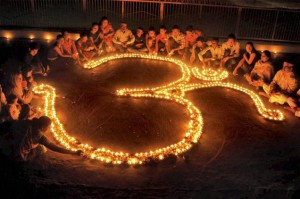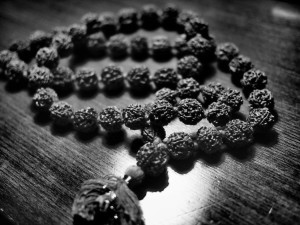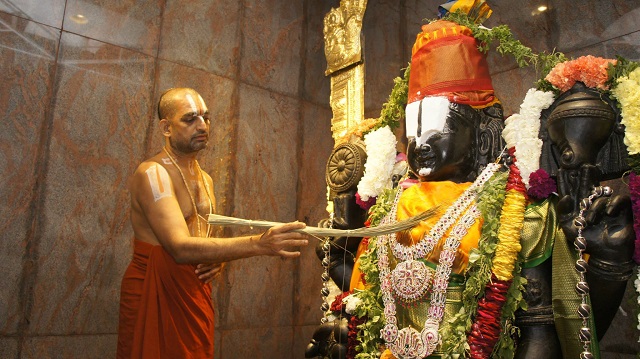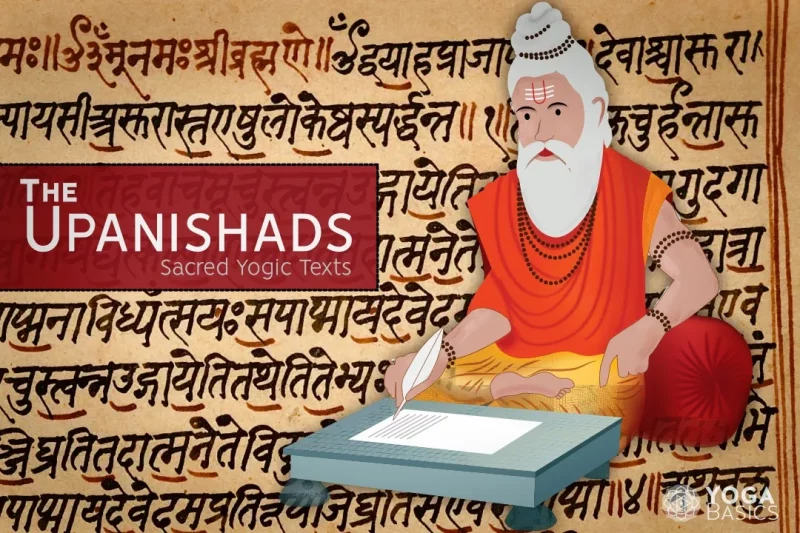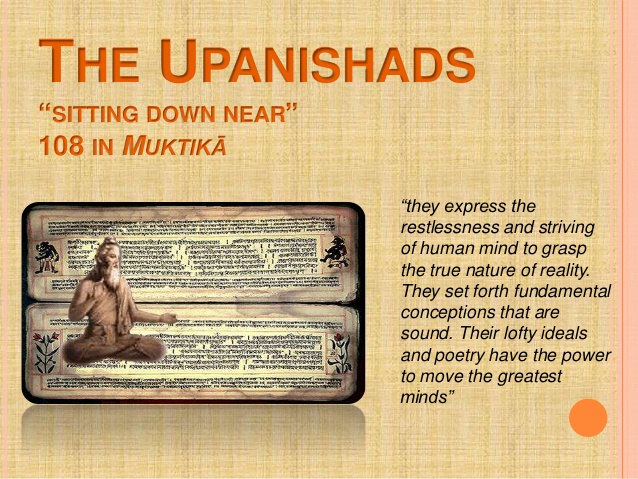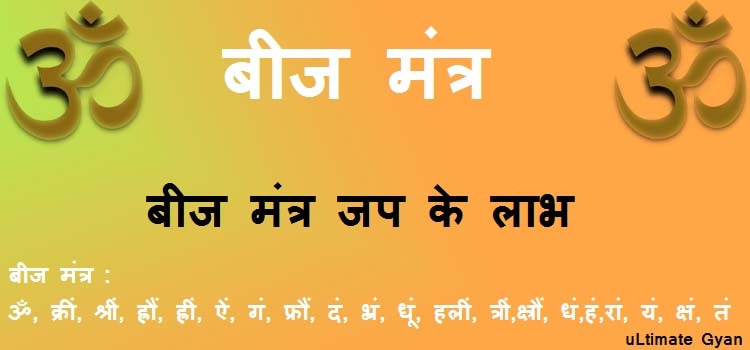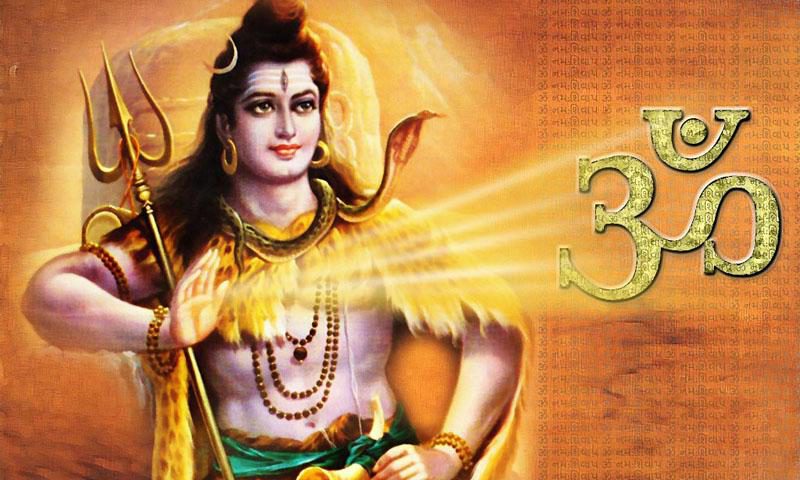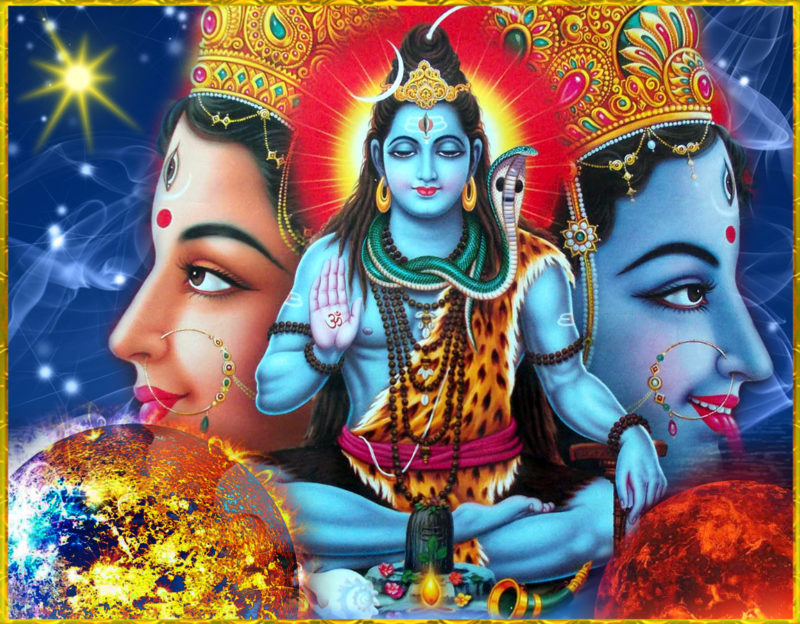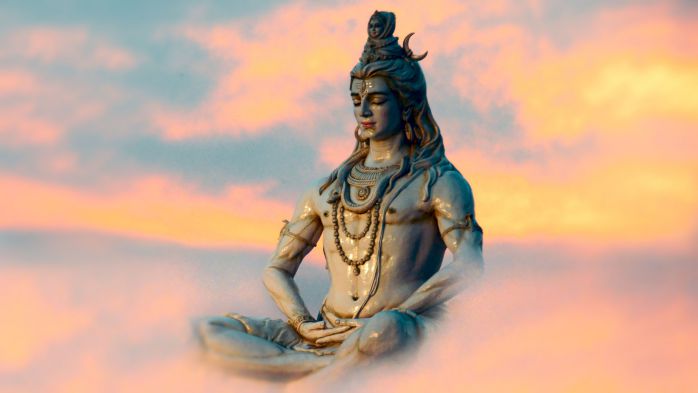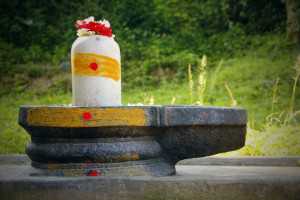No products in the cart.
Ancient Indian Literature, Ancient Indian Science, Daily Life and Practices, Hinduism, Sanskrit Texts, Spirituality
The symbols of Hinduism and their symbolism
Hinduism has incorporated various iconic symbols, which are part of Hindu iconography, that are imbued with spiritual meaning based on either the scriptures or cultural traditions, during the millennia of its history. The actual meaning ascribed to each image varies depending on the place, time era, and designation of the followers. Some of the symbols, […]

